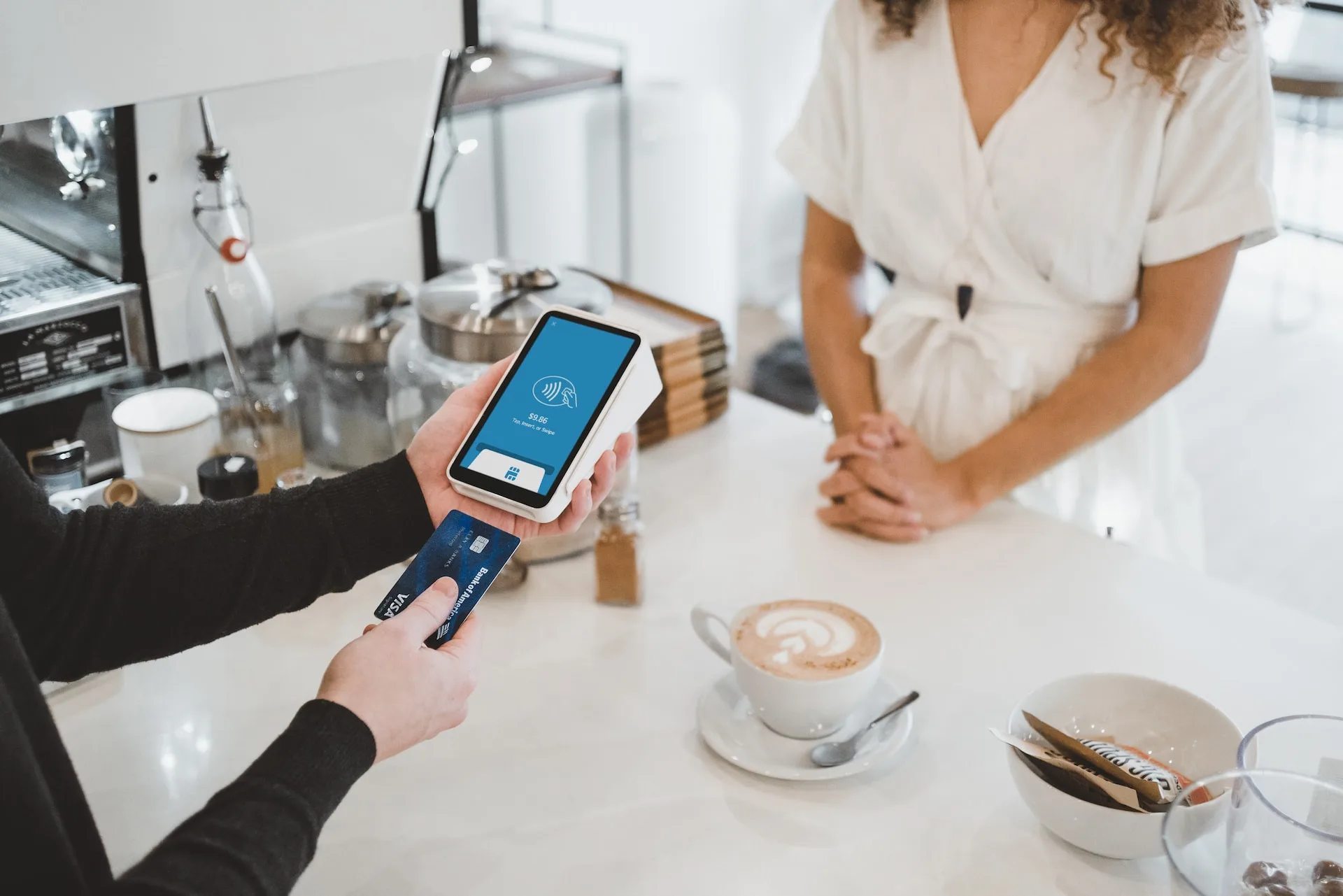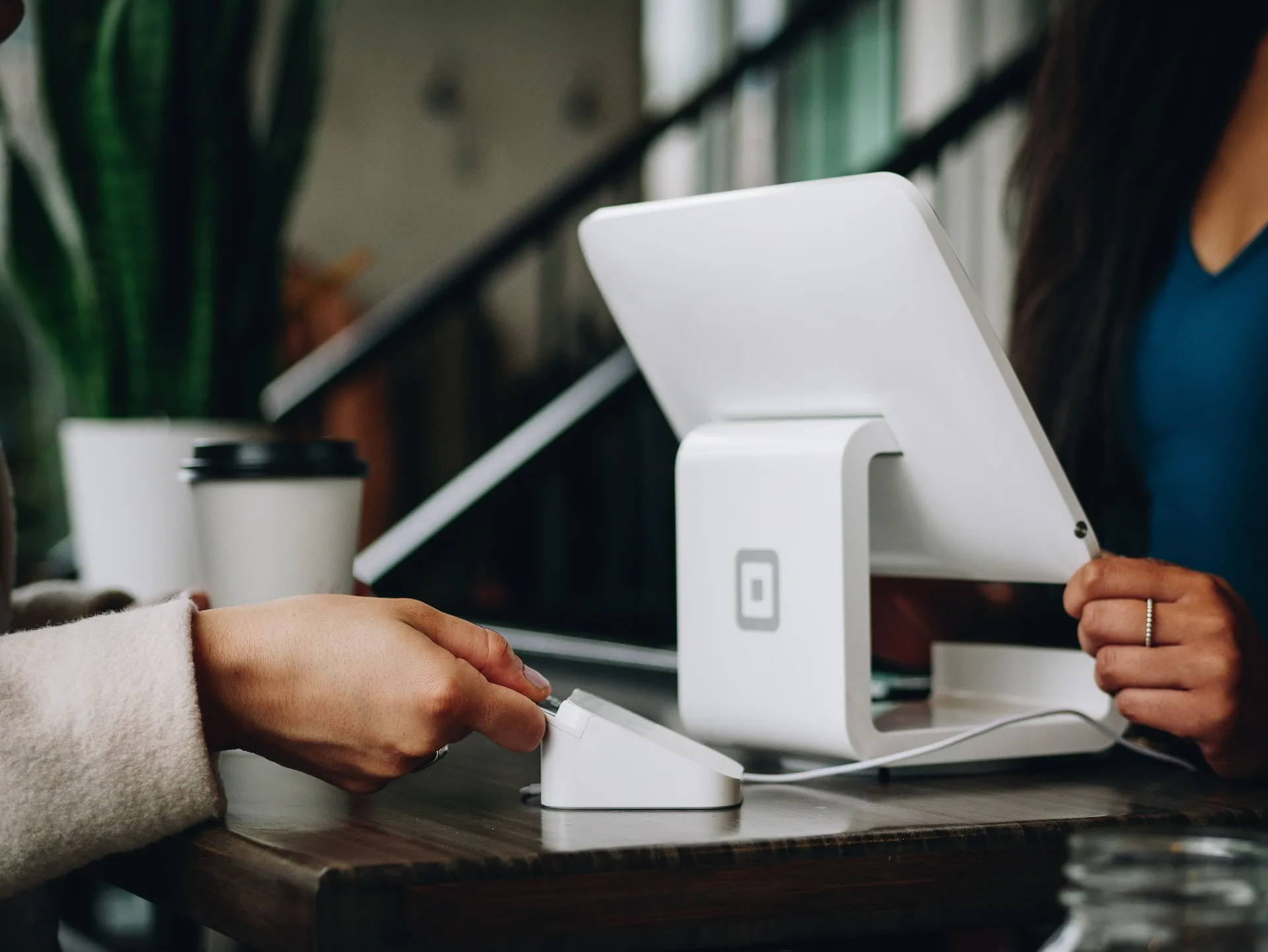NFC are Apple Pay and Google Pay Safe?
Nearly all smartphones come equipped with near field communication (NFC) capabilities, enabling effortless contactless payment transactions. Nevertheless, it is crucial to be aware of potential security vulnerabilities associated with NFC systems. In this article, we will delve into the eight primary risks linked to NFC that you should be well-informed about.
What is NFC?
NFC, short for near field communication, is a technology that enables devices to communicate over short distances. For instance, when you make a payment by simply tapping your phone against a contactless card reader, NFC signals are transmitted to confirm the transaction.
Chances are, you already use NFC technology regularly with payment systems like Apple Pay and Google Pay. Both contactless cards and mobile devices are equipped with NFC capabilities. Beyond contactless payments, these systems can also be employed for other authentication processes, such as tapping an NFC-enabled train ticket on a barrier or using an electric fob to unlock a door.
While there are some security concerns associated with NFC usage in smartphones, understanding how NFC works is crucial for comprehending these risks.

What are the NFC Security Risks?
- Data Theft: Malicious actors may attempt to steal sensitive payment data from NFC transactions, such as credit card numbers and expiration dates.
- Skimming Attacks: Skimming attacks involve malicious actors using an NFC-enabled device to intercept NFC signals, potentially allowing them to access confidential data.
- Unauthorized Access: NFC-enabled devices can be used to gain unauthorized access to restricted areas, such as buildings or train stations.
- Malware Infection: As with any other digital technology, NFC devices are vulnerable to malware infection and data corruption if not properly secured.
- Man-in-the-Middle Attacks: This type of attack occurs when malicious actors intercept communication between two NFC-enabled devices.
- Replay Attacks: In this type of attack, malicious actors replay intercepted NFC signals in order to gain access or commit fraud.
- Rogue Signals: Malicious actors may be able to broadcast their own signals with the intent of disrupting the operation of an NFC system.
- Device Theft: NFC-enabled devices are particularly vulnerable to theft, as malicious actors may be able to gain access to confidential data stored on the device.
- Eaves Dropping : Eavesdroppers can listen in on NFC traffic and potentially gain access to confidential data.
- Incorrect Payment Amounts : Malicious actors may be able to modify the payment amount of an NFC transaction to commit fraud.
How Can I Protect Myself?
The good news is that there are several measures you can take to protect yourself against security risks associated with NFC. Here are some tips for ensuring your NFC-enabled devices are secure:
- Always set a passcode on your device to prevent unauthorized access.
- Disable NFC when it is not in use, as this will prevent other NFC signals from being able to connect with your device.
- Never store sensitive data such as passwords or credit card numbers on your device.
- Be wary of public Wi-Fi networks, as these are often insecure and vulnerable to attack.
- Be cautious when using NFC devices for payments or authentication processes – if something feels suspicious, don't do it.
By following these tips, you can ensure that you stay safe and secure when using NFC-enabled devices.

Is NFC Secure to Use?
While no payment method is completely risk-free, NFC is generally considered safer to use compared to traditional physical cards, which may seem counterintuitive.
The issue with chip-and-pin cards is that if someone steals your card and gains access to your PIN, they could potentially withdraw funds from your account. Additionally, the information on your card, such as your name and banking details, could be stolen and used for identity theft.
On the other hand, if someone steals your NFC-enabled phone, their options for causing harm are limited. The amount of money they can access is restricted, and any suspicious activity with the device's payment apps can trigger your card's security measures, resulting in blocked payments until you authenticate yourself.
How to secure yourself from NFC risks
When it comes to NFC technology and the associated risks, it's important to note that for most individuals, the dangers are quite minimal. Hackers employ much more advanced techniques to target their victims, rather than resorting to loitering around checkouts or navigating through crowds with an NFC reader.
To ensure a high level of NFC security, the best course of action is to keep your NFC-enabled devices nearby and implement two-step verification for NFC keys as well as credit and debit cards.
An NFC security key holds little value for a hacker if it only operates in conjunction with a password or biometric fingerprint scan.
Similarly, a stolen NFC-enabled bank card is of limited use to a thief if they require access to a password-protected app on your phone to complete transactions.
In general, NFC serves as a safe and dependable payment method, as long as you take basic precautions to secure your mobile wallets and NFC keys.
How Speedster IT can Help Protect your Business Devices
At Speedster IT, we offer comprehensive protection plans for business devices against NFC hacks.
Leveraging the most advanced security protocols, our experts continuously monitor and update your business's security features, ensuring that your NFC-enabled devices are always one step ahead of potential threats.
We recommend to our business users of IOS or Android devices the use Watchguard experts Endpoint security for monitoring of NFC usage or encryption.
Our proactive approach to NFC security ensures that your business is always protected from malicious actors who may be attempting to access confidential data.
Contact us today to learn more about our range of services and how we can help protect your business against NFC risks.
Protect Your Business Today